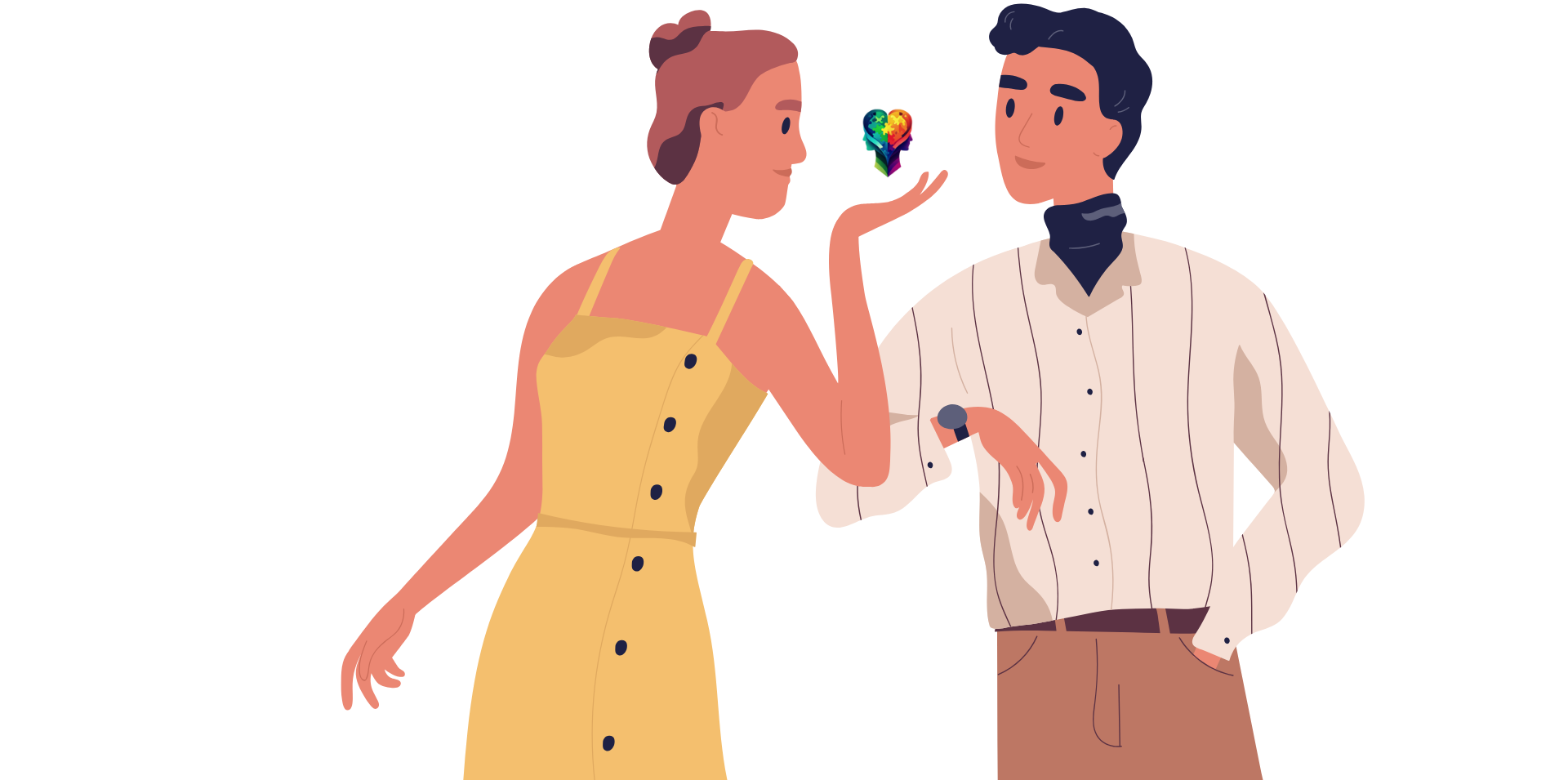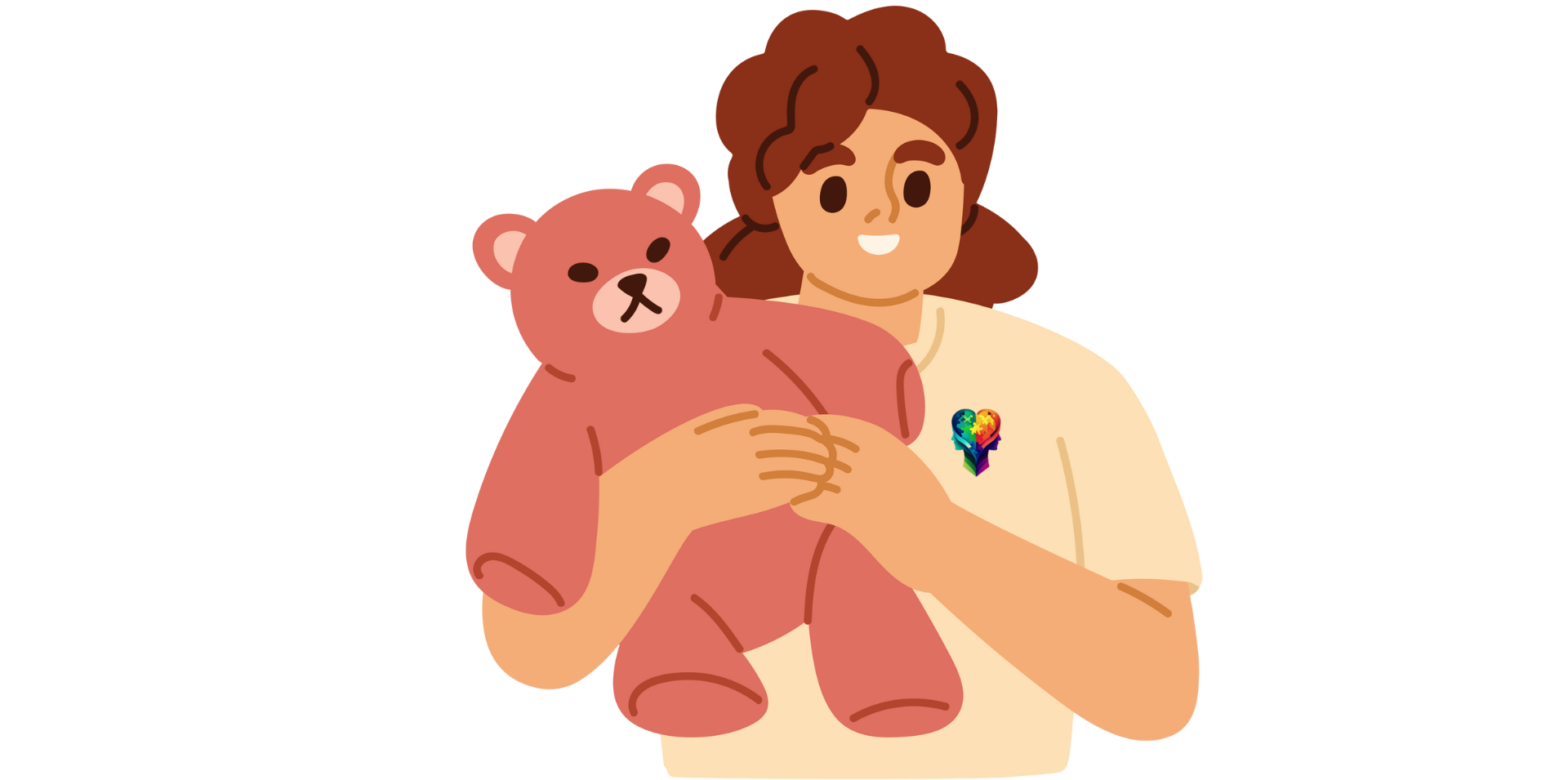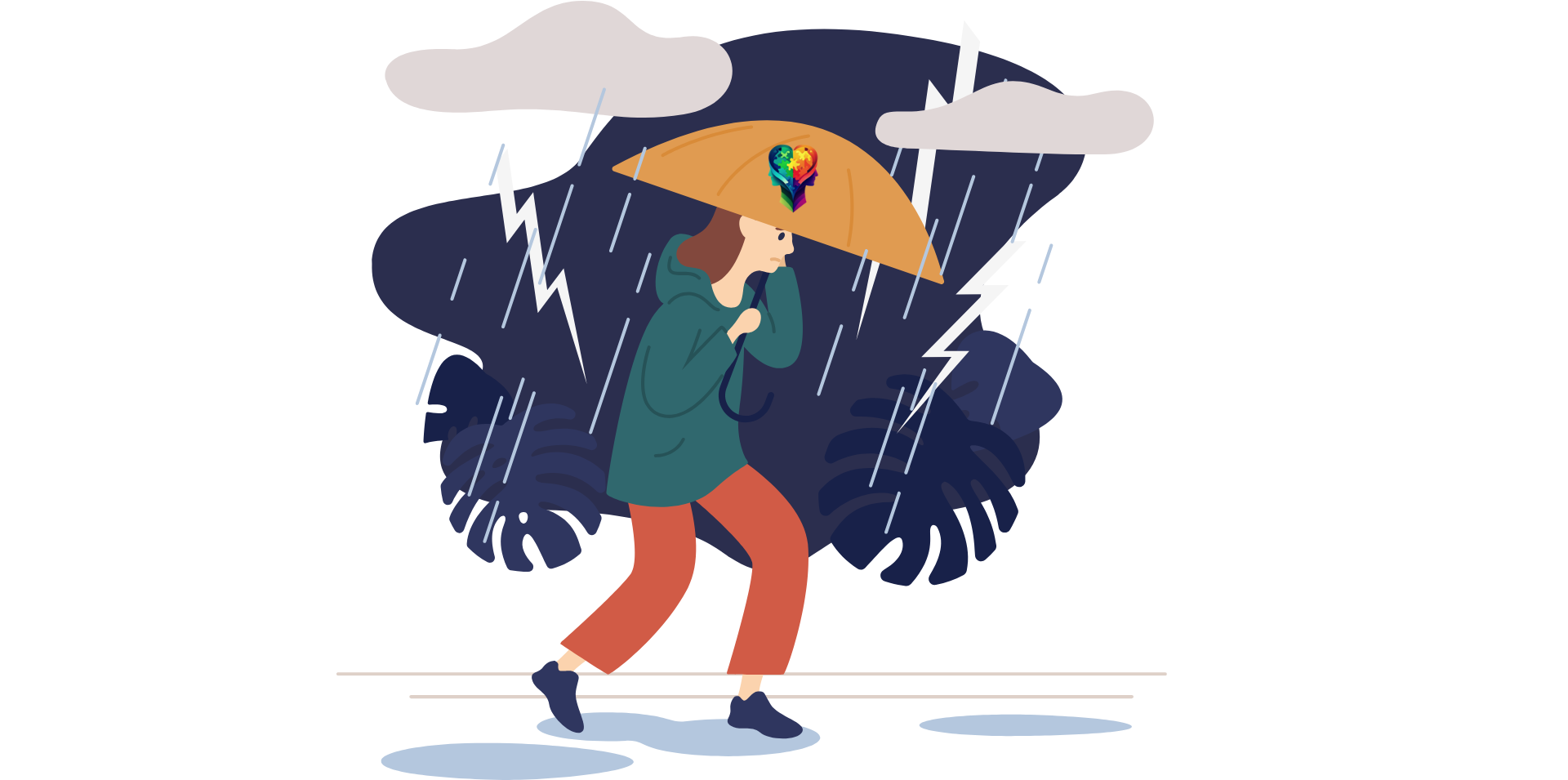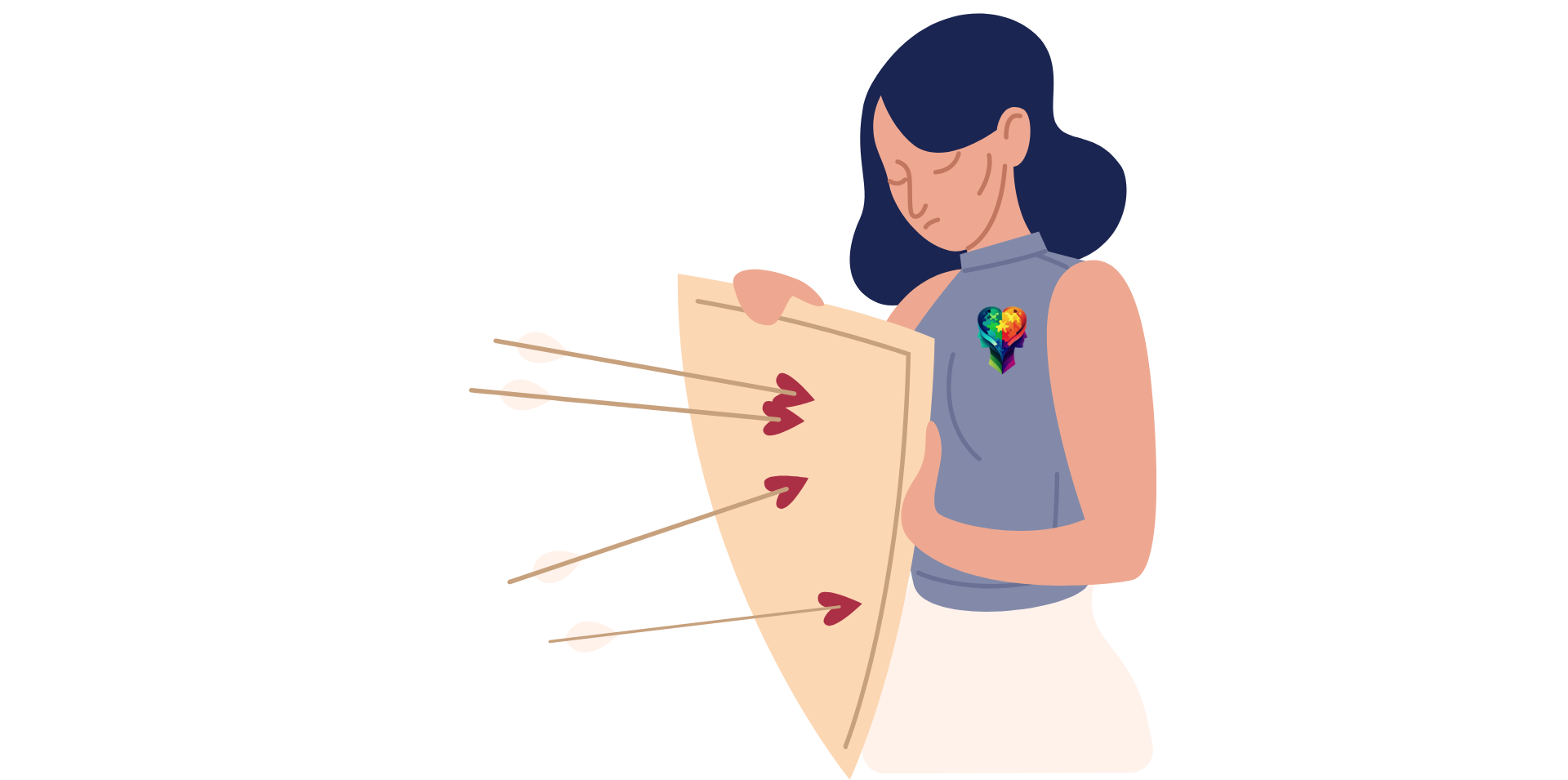Relationship Therapist
Support for Partners of Neurodivergent Adults:
You Don’t Have to Hold It All Alone
Do You Feel Invisible and Emotionally Isolated in Your Relationship?
You’ve tried everything—conversations, compromises, walking on eggshells—and yet you still feel like you’re holding the emotional weight of the relationship alone. Maybe your partner is brilliant, creative, or funny in public… but at home, things are different.
You’re left feeling unseen, emotionally starved, or unsure whether your needs will ever truly matter in this relationship. These experiences are not unusual in neurodiverse partnerships, especially when one partner has Autism, ADHD, or Complex trauma (CPTSD).
And if you’re the one doing all the understanding, all the adjusting, and all the emotional work, you’re not just tired. You’re heartbroken.

Welcome to a Different Kind of Support
At Love on the Autism Spectrum, I specialize in supporting partners of neurodivergent adults, particularly those who feel isolated, overwhelmed, or emotionally depleted. This is not “fix your relationship” therapy. This is come home to yourself therapy.
You’ll receive:
-
Support to process Cassandra Syndrome symptoms like emotional deprivation, resentment, and invisibility
-
Language to describe your experience, without judgment or pathologizing your partner
-
Tools to rebuild your identity, clarify your needs, and restore your nervous system
-
Space to feel validated and understood
Whether or not your partner attends therapy, your healing matters.
Understanding Cassandra Syndrome: The Silent Pain Behind the Smile
Cassandra Syndrome describes the emotional toll experienced by partners of individuals with neurodivergence, particularly when those around you don’t see the pain you’re in. You may look like you’re coping on the outside, but inside, you feel:
-
Emotionally neglected or unseen
-
Exhausted from constant caregiving and repair work
-
Isolated from friends and family who “don’t get it”
-
Anxious, depressed, or physically unwell from chronic stress
-
Like you’re slowly disappearing from your own life
These symptoms are not imagined. They are real.
And you deserve support that takes you and them seriously.
If I Could Just Feel Seen and Understood…
So many partners tell me, “I just want to feel like I matter.”
You’ve probably spent months—or years—trying to bridge an emotional gap that never quite closes. Maybe your partner:
-
Misses your nonverbal cues
-
Shuts down during conflict
-
Seems emotionally unavailable even when present
This isn’t about a lack of love. It’s about neurological differences in communication, empathy, and regulation. And the truth is that even understanding that doesn’t make the pain go away—it just makes it harder to explain to others.
You don’t need more advice.
You need someone who truly sees the complexity you’re navigating.
But What If I’m Neurodivergent Too?
You might be wondering if some of your experiences also point to Autism, ADHD, or complex trauma. That’s valid—and important to explore. Many autistic women or AuDHD individuals go undiagnosed for years, often masking so effectively they’re misidentified as the neurotypical partner.
You may resonate with:
-
High empathy + high burnout
-
Sensory sensitivity in emotionally intense spaces
-
Feeling misunderstood or “too much”
-
Craving deep connection while needing autonomy
If that’s you, we’ll explore what that means in a way that’s affirming—not pathologizing.
You deserve a relationship where both partners can unmask and be fully supported.
Why This Hurts: It’s Not Your Fault
Many partners in neurodiverse relationships suffer in silence, not because their partner doesn’t love them, but because the relationship dynamic lacks the tools to bridge the emotional and sensory divide.
Your neurodivergent partner may:
-
Struggle with executive functioning or emotional reciprocity
-
Miss cues, shut down, or misread your needs
-
Be trying their best—but not in ways that land
None of this makes you selfish for needing more.
Your pain doesn’t mean you’re too much—it means you’ve carried too much, for too long.
How A Neurodivergent Relationship Therapist Can Help
If you’ve tried traditional therapy before and walked away feeling more confused or dismissed, I want you to know: this will be different. I bring both professional expertise and lived experience to this work.
Together, we’ll:
-
Unpack the patterns that are draining your emotional reserves
-
Name what’s been unspoken (and still hurting)
-
Set boundaries without guilt
-
Develop strategies for communication and self-advocacy
-
Reclaim your sense of self and emotional sovereignty
You don’t have to wait for your partner to change before you start healing.
What Therapy Looks Like
In our sessions, you’ll find a safe, warm, and validating space to be real.
We’ll work on:
-
Processing emotional neglect and building emotional clarity
-
Identifying patterns of overfunctioning, masking, or self-sacrifice
-
Healing internalized guilt or grief
-
Developing communication tools tailored to neurodiverse dynamics
-
Restoring nervous system regulation and personal boundaries
You’ll leave each session with emotional insight and practical tools.
Common Questions About Therapy
What if my partner won’t come with me?
That’s okay. This work is still for you. We can do powerful, life-changing therapy even if your partner doesn’t participate.
What if I’m not sure whether they’re neurodivergent?
You don’t need a formal diagnosis to begin. If the dynamics feel familiar, that’s enough to start exploring.
Is this individual or couples therapy?
This page focuses on individual support for partners, but we can discuss couples work if both partners are ready.
What if I think I might be neurodivergent too?
Wonderful. We’ll explore that together in a safe, affirming way.
Can this help if I want to stay—or if I’m not sure?
Yes. Whether you stay, leave, or need time to decide, this work will help you reconnect with yourself and gain clarity.
You Deserve Healing and Hope
Being the partner of a neurodivergent adult doesn’t mean you should carry the weight of the relationship alone.
You deserve:
-
Emotional reciprocity
-
A space to grieve what hasn’t been working
-
A path to reclaiming your joy and self-worth
Let’s stop surviving and start healing.
Healing is possible. With the right guidance, you can move forward with renewed strength, self-compassion, and hope.
Ready to Take the First Step?
I offer a free 20-minute “Clarity & Connection” Zoom session to help you explore whether this work feels right for you.
During this call, we’ll discuss what you’re navigating, what you’re hoping for, and what you need most. Then, we’ll create a plan that centers you—your healing, your clarity, and your future.
You don’t have to hold it all anymore.
Take a breath.
Settle in.
I’m glad you’re here.








